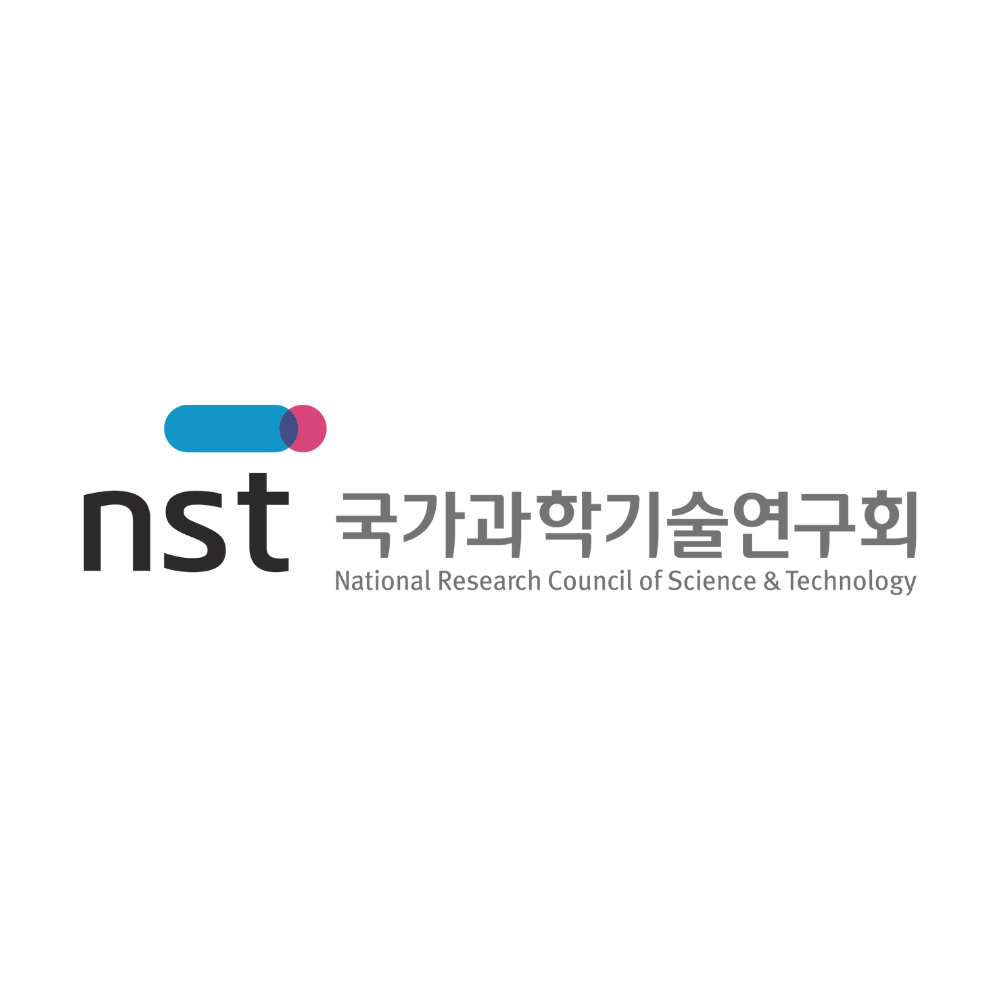The Korea Institute of Toxicology (KIT) is South Korea’s national research center for toxicology. Established as an independent institute in 2002, KIT specializes in the study of chemicals, pharmaceuticals, nanomaterials, and environmental agents. Its mission is to safeguard human health and the environment through scientifically based risk assessment and the development of innovative testing methods.
The South Korea Mobility Program gives data science talents the opportunity to spend up to three months at KIT in Daejeon or Jeongeup. Participants can combine advanced toxicology databases, high-content screening platforms, and omics technologies with data analytics and artificial intelligence to create new models for risk prediction.

About NST
National Research Council of Science and Technology (NST)
The National Research Council of Science and Technology (NST) currently brings together 23 leading research institutes active in a wide range of fields – from materials science, biotechnology, and energy to space exploration, robotics, and information and communication technologies. It coordinates their strategic direction, fosters synergies among the institutes, and supports the government in shaping research and innovation strategies. In doing so, NST plays a key role in advancing scientific excellence in areas of societal relevance and in transferring technological innovations to industry and society.
In addition, it strengthens the international networks of Korean research and enables joint projects with leading research organizations worldwide.
Research at KIT investigates how chemical and biological substances affect cells, organs, and whole organisms. Instead of relying solely on animal testing, the institute increasingly develops alternative approaches, including in vitro systems, organoids, and computational prediction models.
A strong emphasis is placed on regulatory toxicology, translating scientific evidence into guidelines and standards for the safe use of chemicals, pharmaceuticals, and consumer products. KIT also studies the interactions between environmental factors and human health, such as the effects of fine dust, endocrine disruptors, or nanoparticles. Its active involvement in OECD programs and collaborations with global partners ensures that KIT’s methods are internationally recognized and applied.
Research priorities:
-
Chemical and drug safety – evaluation of active substances and potential adverse effects.
-
Alternative test methods – development of in vitro and in silico models to reduce animal testing.
-
Systems toxicology and omics – applying genomics, proteomics, and metabolomics to elucidate toxicological mechanisms.
-
Environmental exposure and health – analyzing pollutants in air, water, and soil and their impact on humans.
-
Regulatory toxicology – scientific support for national and international safety standards.
How to Apply
- Step 1: Contact a research group at one of the NST member institutions to discuss the possibility of a three-month research stay.
- Step 2: Submit your application through HIDA
- Step 3: Applications are reviewed by a selection committee, and you will be notified shortly thereafter.
You can find more details about the application process under following link!
Contact
If you have any questions about the South Korea Mobility Program or our other research stay offerings, please don’t hesitate to contact us at any time.

Stefanie Gruber-Sliva
Networks & Mobility Program Manager
Contact







